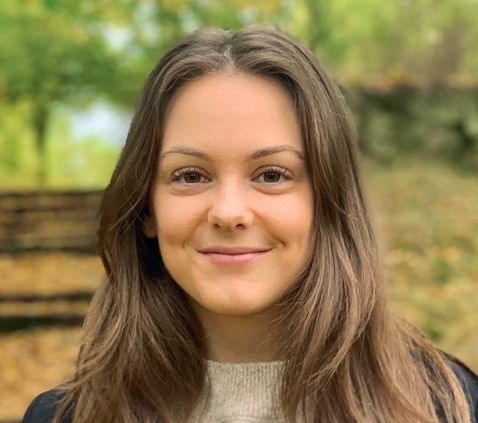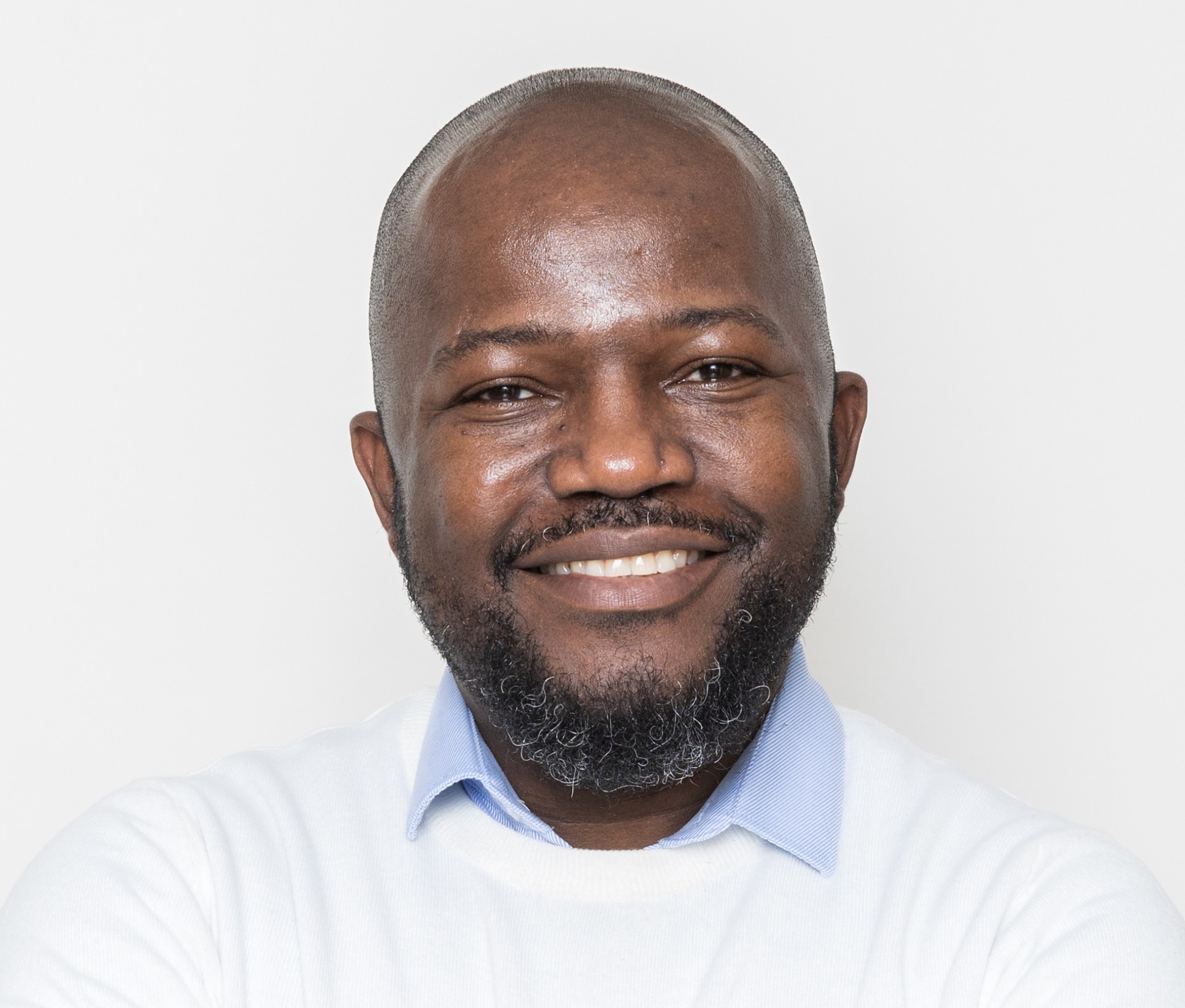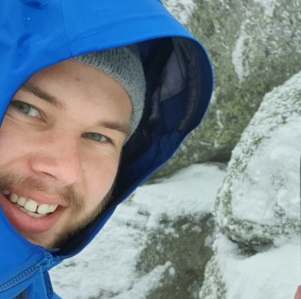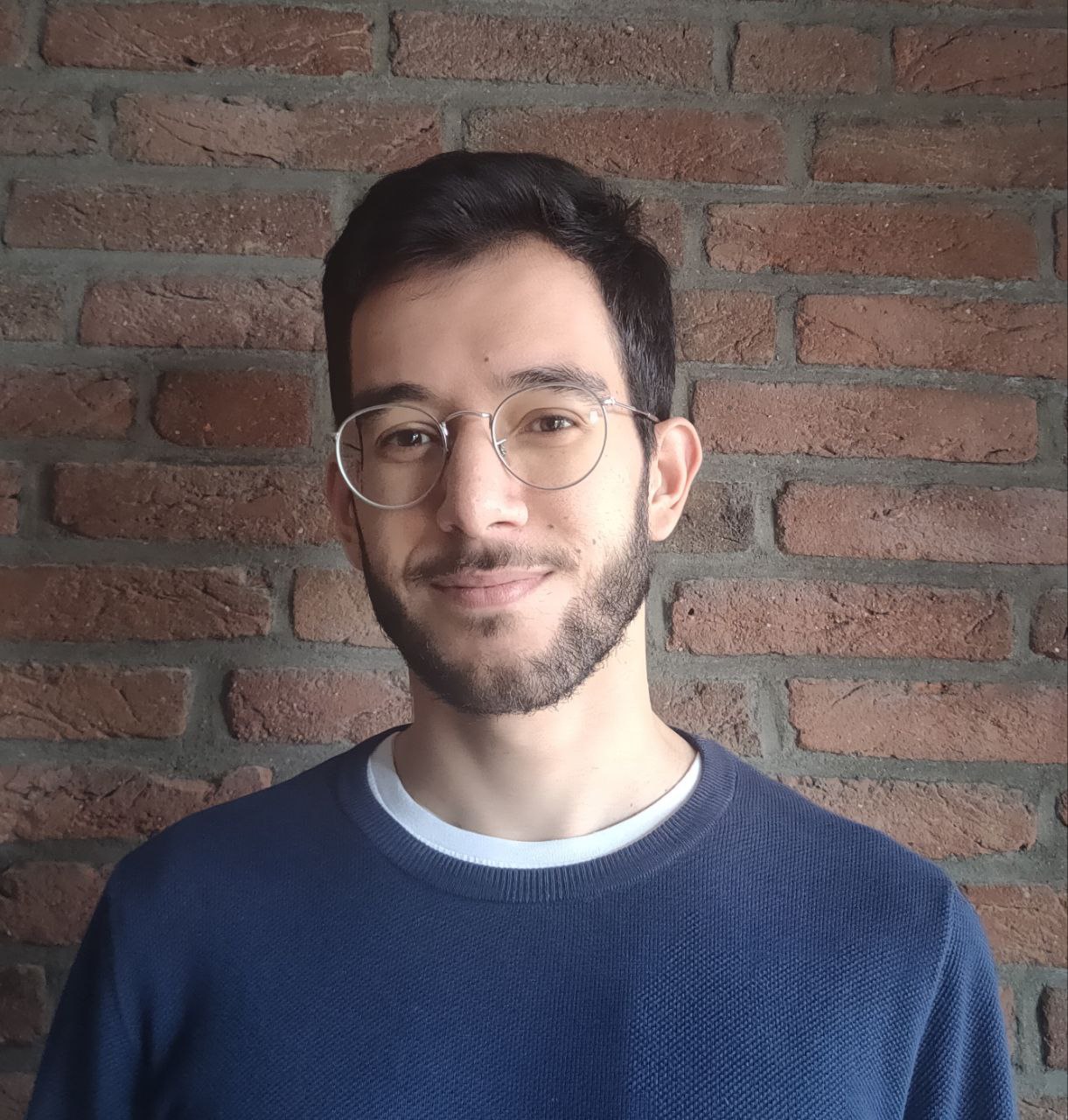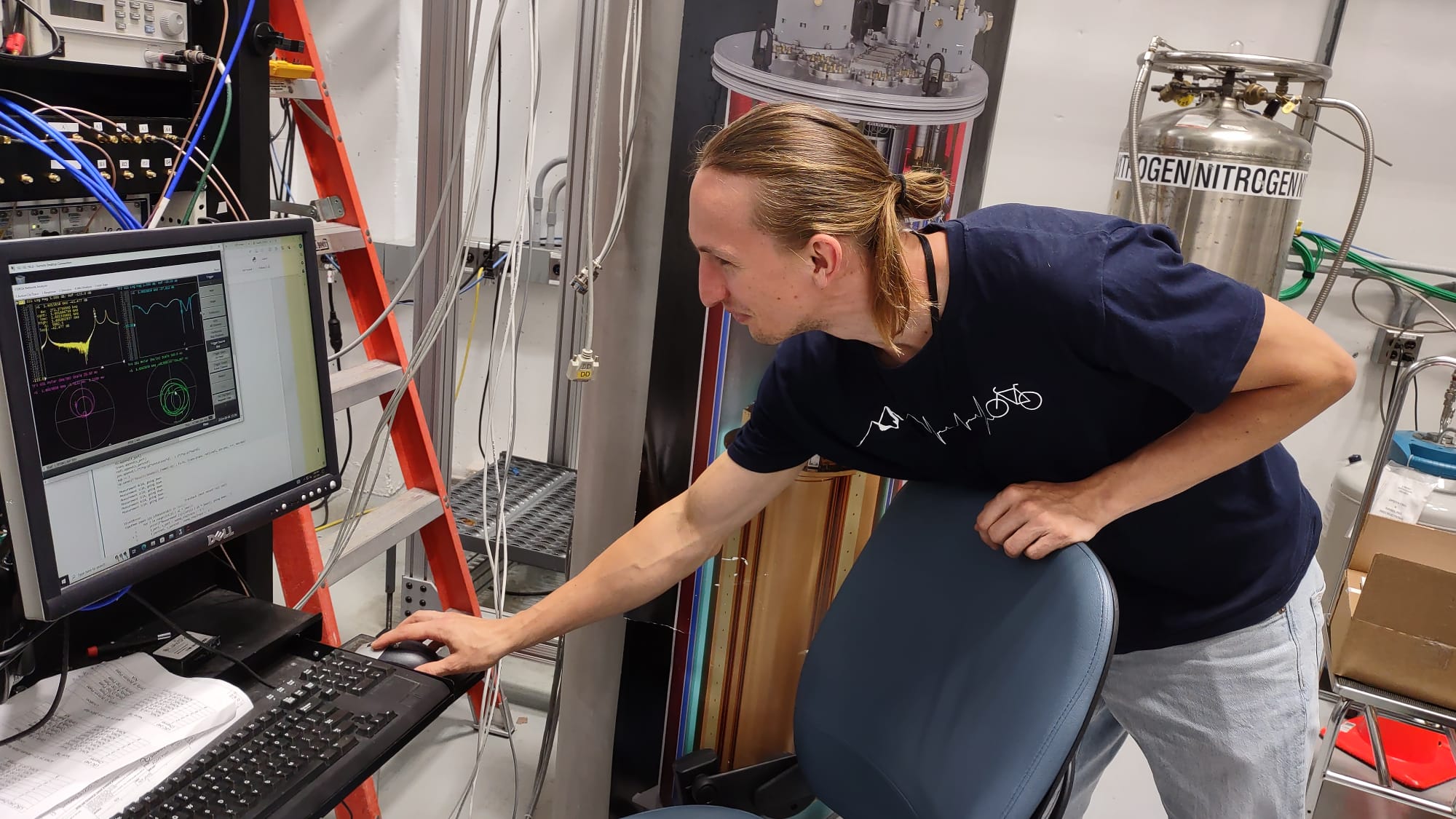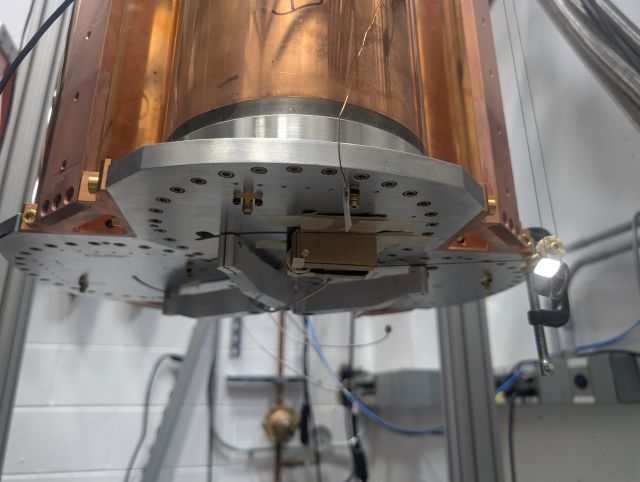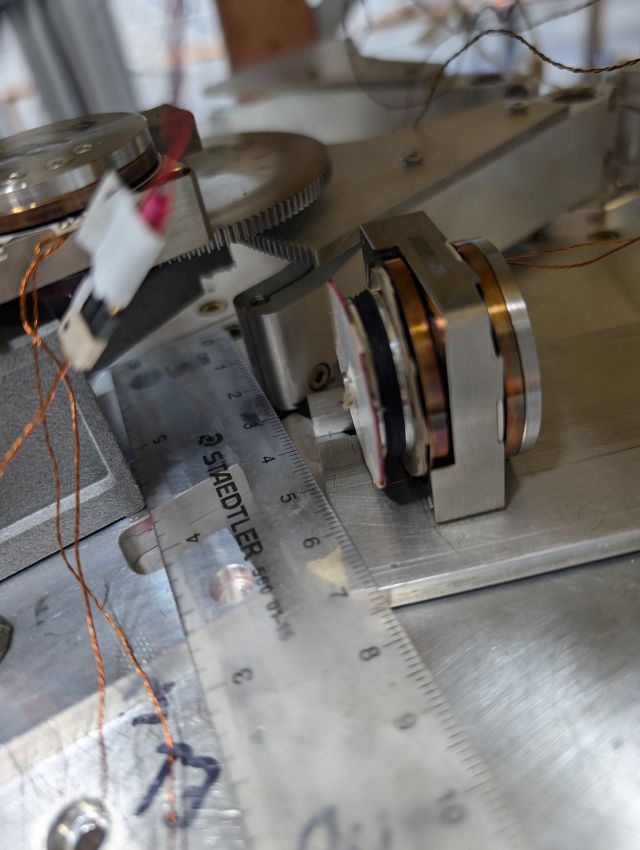David Leppla-Weber - Travel Award Interview
PORTRAIT | Doctoral Researcher / Funding / PHGS / Travel Grant
David Leppla-Weber is a doctoral researcher at DESY in the ALPS group. In 2024, he won one of four this year's PHGS Travel Awards and received 3000 € to finance participation in a scientific event. In an interview, he spoke with us about the conference he attended, and what kind of tips he has for future applicants to the travel award scheme of the PIER Helmholtz Graduate School.
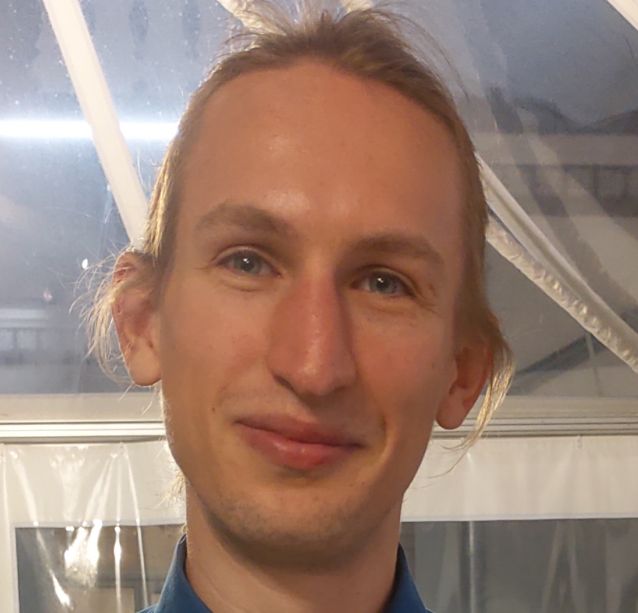
Congratulations on winning the PHGS Travel Award 2024. You are one of a total of four PHGS members who have won the 2024 award and thus received up to 3,000 euros to finance participation in a scientific event. For which event did you use the PHGS Travel Award money for?
I used the travel award money for a research stay at Fermilab with the BREAD & ADMX collaboration. They are both axion experiments, similar to MADMAX, which I work on in Hamburg.
Where, when and for how long did the event take place?
The stay at Fermilab (Batavia, IL, USA) took place from the 30th of July until the 17th of August 2024.
Please describe the event. Who was the organizer? Were there many people present or only a few? Is it a regular event or a one-time event? What was the event about? Which speakers or interesting people were there?
The stay was mainly organized together with Stefan Knirck, a postdoc within the BREAD collaboration (and soon Assistant Professor at Harvard), who also works with ADMX. He visited Hamburg (financed by the Wilfried Wurth award) a few months earlier to help with a data taking campaign of our MADMAX experiment in Hamburg after which we decided to plan for a research stay in return where I work within his collaboration. The project we decided on in the end was for me to apply the so-called beadpull method, that we developed in Hamburg for MADMAX, to one of the ADMX cavities. This allowed me to verify our method with a different setup while giving the ADMX collaboration some useful data for their experiments' calibration.
Please describe your role at the event. Were you mainly a listener? A visitor? Did you give a talk or display a poster? Were you there to meet people for discussions?
While staying at Fermilab, I was mainly working together with another student on implementing the method mentioned above. That meant creating a motorized setup that allows to move a bead through one of the ADMX cavities (see pictures). I also gave a talk at the Fermilab CPC seminar, which sparked some interesting discussions.
Please describe how you benefited from the event. Did you get the chance to broaden and strengthen your network? Did you gain new scientific knowledge and/or received feedback on your scientific findings? Were you able to clarify questions that will help you in your further work on your doctorate?
The research stay allowed me to work at an experiment, that tries to achieve the same thing as MADMAX, that is finding the axion, but uses a slightly different detection method. This was perfect for me to apply my existing knowledge and expand it to other axion experiments as well as get to connect to people with similar research interests.
What was the best thing about the event?
The best thing about my stay was to be able to get out of my own research bubble and see how our work at MADMAX actually connects with other experiments and provides value outside of our collaboration.
Was it worth taking part in the event respectively having made the trip?
Most definitely! The trip provided lots of valuable insights for me that I would not have been able to gain otherwise.
Is there anything you would advise or recommend to future participants?
This award gives you an amazing opportunity to explore different research topics. Use it to broaden your horizon to areas that might also be interesting for your future career.
Thank you very much, David, and all the best to you for your further studies.
